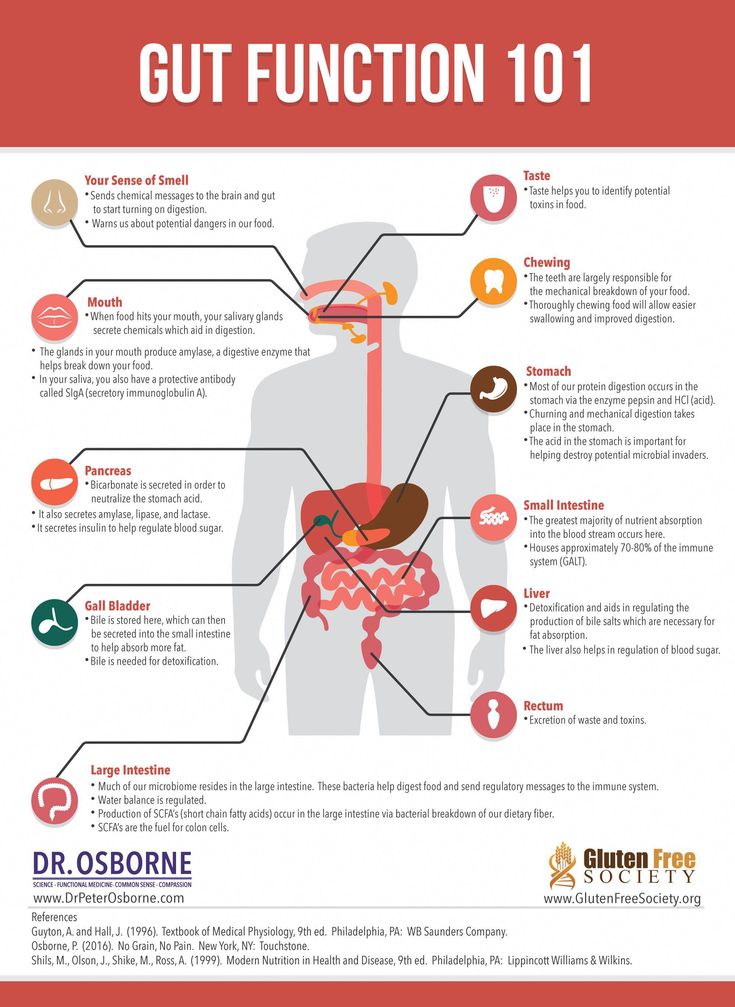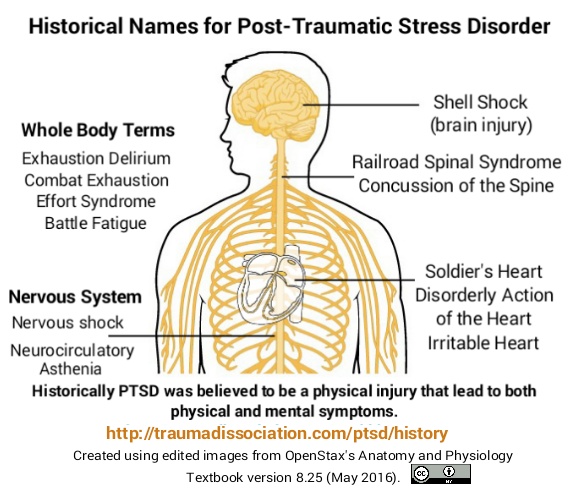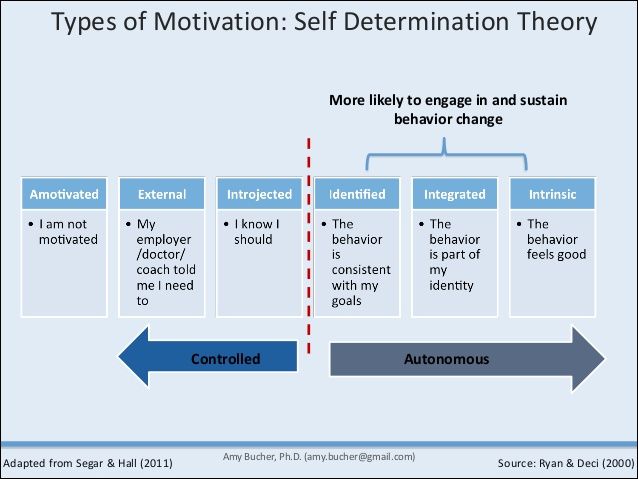Emotional abuse against men
Emotional Abuse of Men: Men Victims of Emotional Abuse Too
Natasha Tracy
While abuse of women is widely known, what is not widely recognized is that men can be victims of emotional abuse too. It's unfortunate, but true, that women and men can be just as emotionally abusive towards men as they can be towards women. And emotional abuse of men is every bit as unacceptable as the emotional abuse of women.
Emotional abuse of men is more common than once thought although the exact numbers on its occurrence aren't known due to lack of study. In domestic abuse, about 40% of cases involve violence of women against men.
What is Emotional Abuse of Men?
Emotional abuse of men is the same as emotional abuse of women: it is acts, including verbal assault, that make a person feel less self-worth or dignity. Emotional abuse of men makes them feel like less of a person.
Male victims of emotional abuse may experience partners that:
- Yell and scream
- Threaten them and try to induce fear
- Insult and demean them; tell them they are not worth the trouble
- Socially isolate them
- Lie or withhold information
- Treat them like a child or servant
- Control all the finances
When Women Emotionally Abuse Men
Some believe that men are more sensitive to emotional abuse than woman and can "brush off" physical abuse more easily. Male victims of emotional abuse who are called a "coward," "impotent," or a "failure," may be more affected by these remarks than their female counterparts.1
Controlling and emotionally abusive behaviors elicited by women may include:2
- Falsely accusing or threatening to accuse a man of assault on them or their children
- Threatening to take away custody of the children
- Threatening to kill themselves or others
- Making the man feel like "he's crazy"
- Minimizing the abuse; blaming the victim of the abuse
- Playing mind games
- Making the man feel guilty
- Falsely obtaining a restraining order
- Withholding affection
- Stalking
Why Do Men Stay in Emotionally Abusive Relationships
Like women, many men stay in emotionally abusive relationships. This can be for many reasons but certainly in part due to the toll that emotional abuse can take on a man's self-worth. He may not believe he is worthy enough to leave the relationship or he may believe he deserves the emotional abuse.
He may not believe he is worthy enough to leave the relationship or he may believe he deserves the emotional abuse.
Men may also stay in emotionally abusive relationships because:
- Of threats made by their abuser
- To protect the children
- They feel dependent on the abuser
What Can Male Victims of Emotional Abuse Do?
Unfortunately, due to lack of awareness, programs for male victims of emotional abuse are almost nonexistent. However, private counseling and general anti-violence advocacy groups may be helpful.
Male victims of emotional abuse can:
- Call the National Domestic Abuse Hotline at 1-800-799-SAFE
- Call the Child Abuse Hotline at 1-800-4-A-CHILD
Male victims of emotional abuse should also:
- Leave the relationship, if possible
- Tell others about the abuse
- Keep evidence of abuse for possible legal actions
- Not retaliate
More information on Emotional Abuse Treatment and Therapy.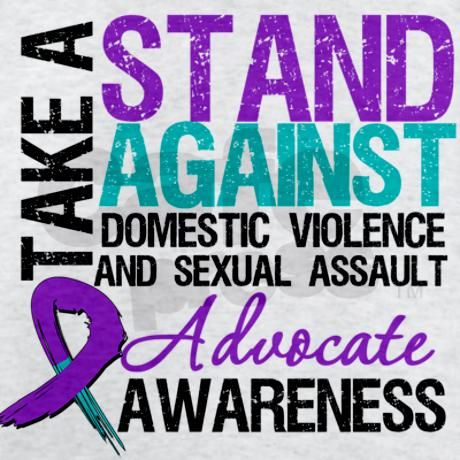
article references
APA Reference
Tracy, N. (2021, December 17). Emotional Abuse of Men: Men Victims of Emotional Abuse Too, HealthyPlace. Retrieved on 2022, December 16 from https://www.healthyplace.com/abuse/emotional-psychological-abuse/emotional-abuse-of-men-men-victims-of-emotional-abuse-too
Last Updated: December 30, 2021
Medically reviewed by Harry Croft, MD
More Info
Why Do Battered Women Stay in Abusive Relationships?
Breaking the Cycle of Domestic Violence, Domestic Abuse
Rape and Telling What Happened
Childhood Incest Paves the Way for Adult Rape
Domestic Abuse Help: Domestic Violence Support, Shelters, Groups
Articles on Verbal Abuse
What To Do If You Are Being Bullied
What is emotional abuse? | The National Domestic Violence Hotline
“I don’t want you going out with them. I trust you; I just don’t trust them.”
I trust you; I just don’t trust them.”
“You know you can’t get anyone better than me. You are lucky to be with me.”
“Are you sure you want to eat that? I’m just attracted to someone who takes care of themselves.”
“You’re so dumb. I knew this would be over your head.”
Do any of these sentences sound familiar? If so, you might be in an emotionally abusive relationship.
Many people hear the word “abuse” and think of physical violence. Physical abuse is one type of abuse, but it is certainly not the only one.
According to The Hotline’s 2020 Data, 95% of contacts stated they were experiencing emotional abuse. Emotional abuse may not be what most people think about when they picture abuse, but that does not make it any less real or less serious. Because of its subtleties, emotional abuse can be quite difficult to detect when it is being experienced. Emotional abuse is also a foundation for other forms of abuse.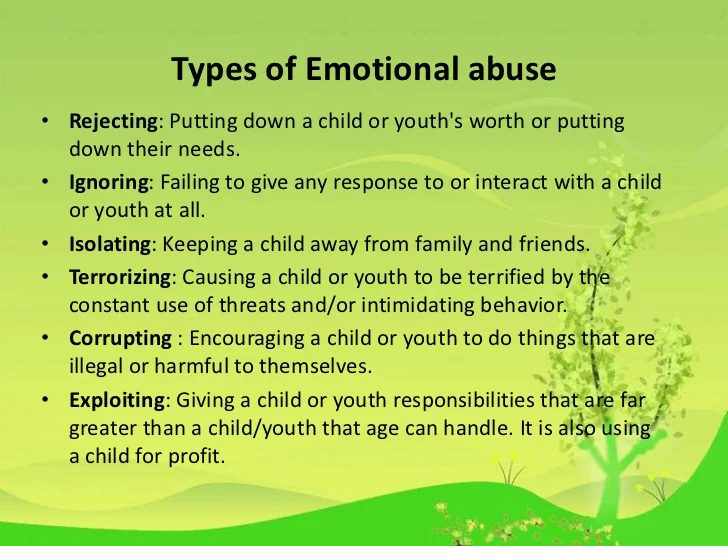 Often, it is used erode a person’s self-esteem and self-worth and create a psychological dependency on the abusive partner. Let’s look at what emotional abuse is and how to know if emotional abuse is present in your relationship.
Often, it is used erode a person’s self-esteem and self-worth and create a psychological dependency on the abusive partner. Let’s look at what emotional abuse is and how to know if emotional abuse is present in your relationship.
Emotional abuse includes non-physical behaviors that are meant to control, isolate, or frighten you. This may present in romantic relationships as threats, insults, constant monitoring, excessive jealousy, manipulation, humiliation, intimidation, dismissiveness, among others. Sometimes emotional abuse is more obvious, like a partner yelling at you or calling you names. Other times it can be more subtle, like your partner acting jealous of your friends or not wanting you to hang out with someone of another gender. While these emotionally abusive behaviors do not leave physical marks, they do hurt, disempower, and traumatize the partner who is experiencing the abuse.
Over time, emotional abuse can wear down a person’s self-worth, confidence, and their mental and emotional strength.
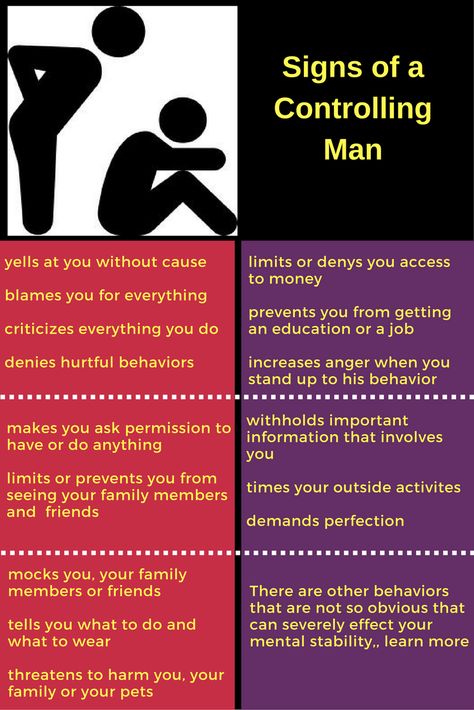
It’s difficult to feel sure of yourself when a partner is demeaning, dismissing, and second-guessing you constantly. Additionally, when you care about someone and have invested time in the relationship with them, you want to believe the best of them, and you may convince yourself that you were overreacting in how you interpreted their hurtful actions or words. An emotionally abusive partner may try to gaslight you by telling you outright that you are overreacting, being dramatic, being too emotional, or that you can’t take a joke.
For these reasons and more, it can be tough to detect emotional abuse and see it as a dangerous concern. Even then, survivors of emotional abuse are often hesitant to seek help or tell friends and family about their relationship concerns because they fear they will not be believed or taken seriously. Nonetheless, emotional abuse is serious, and it is not uncommon for emotional abuse to escalate to physical violence. In some relationships this escalation to physical abuse is slow, and in others it can happen rapidly.
So how do you know if you are in an emotionally abusive relationship?
- Here are some red flags:
-
- Your partner name calls you or demeans you.
- Your partner tries to control you, your time, and your actions.
- Your partner tells you what to do and what to wear.
- Your partner often makes you feel silly or dumb.
- Your partner questions your reality and says that things that you know happened didn’t happen. This is called gaslighting.
- Your partner is critical of your appearance.
- Your partner is jealous of time spent with your friends or family.
- Your partner punishes you by withholding attention or affection.
- Your partner doesn’t want you hanging out with someone of another gender.
- Your partner makes threats to hurt you or others to get what they want.
- Your partner wants you to ask for permission before doing something or spending time with other people.

- Your partner monitors where you go and stalks your whereabouts.
- Your partner doesn’t want you to work.
- Your partner embarrasses you in public.
- Your partner does not trust you and acts possessive.
- Your partner threatens breaking up or divorce to manipulate an argument.
- Your partner wants access to your phone, your passwords, or your social media.
- Your partner threatens suicide during arguments.
- Your partner is constantly accusing you of cheating.
- Your partner blames you for their unhealthy/abusive behaviors.
- Your partner makes you feel guilty or immature for not wanting to have sex.
- Your partner overloads you with compliments and gifts, and then uses that to manipulate you later (love bombing).
If any of these red flags feel familiar to you, know that you do not deserve to be treated that way and that you are not alone. It can be hard to decide what your next step should be, after learning that your relationship is not healthy. You might consider reaching out to a trusted friend or family member to talk about what you have been going through. You can also reach out to our Hotline advocates to talk about next steps and options available to you.
You might consider reaching out to a trusted friend or family member to talk about what you have been going through. You can also reach out to our Hotline advocates to talk about next steps and options available to you.
We are here 24/7 via phone, online chat, and text to provide you with education, support, and safety planning. The Hotline is completely free and confidential.
Answers shouldn’t be hard to find.
We're here to help!
Emotional and psychological violence against men in the family
2020 №6 - go to the content of the issue...
The permanent address of this page is - https://mir-nauki.com/78psmn620.html file: 356.8 Kb )
Link to cite this article:
Khaidov S.K. Emotional and psychological violence in the family against men // World of Science. Pedagogy and psychology. — 2020 №6.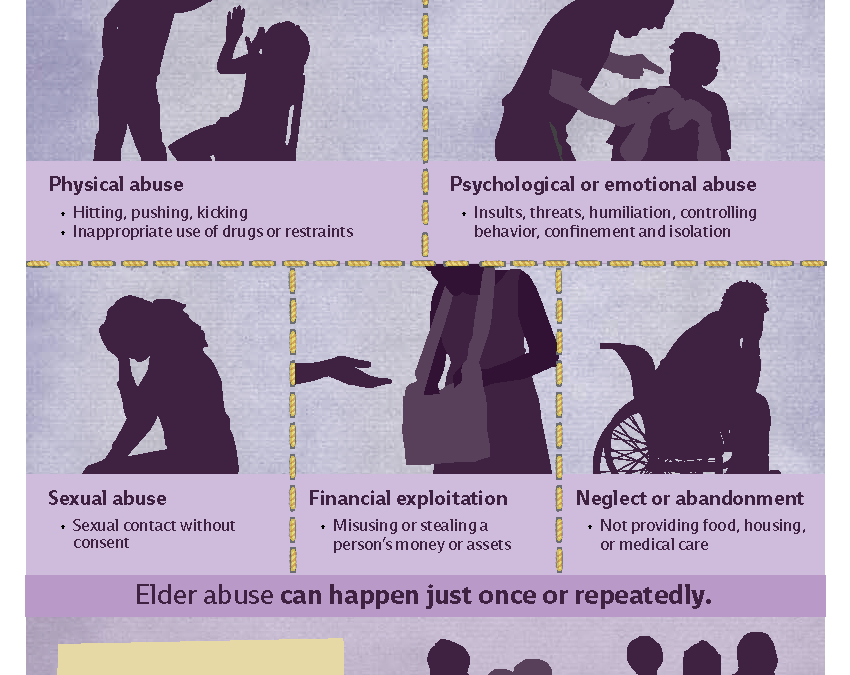 — URL: https://mir-nauki.com/PDF/78PSMN620.pdf nine0003
— URL: https://mir-nauki.com/PDF/78PSMN620.pdf nine0003
Khaidov Sergei Kurbanovich
Tula State Pedagogical University. L.N. Tolstoy, Tula, Russia
Associate Professor of the Department of Special Psychology
Candidate of Psychological Sciences, Associate Professor
E-mail: [email protected]
ORCID: https://orcid.org/0000-0002-1969-7376
RSCI: https://www.elibrary.ru/author_profile.asp?id=646896
Abstract. The relevance of domestic violence today remains as a problem all the same acute. However, its study is more focused on women and children, and violence against men is practically not studied. This is especially true of emotional and psychological violence against them by women. The study was triggered by the presence of borderline emotional disorders in men who were in formal and informal marriage relationships with women who sought psychological help with these problems. As a result of a diagnostic conversation, many of them have identified conflict relationships with their women, which they experience destructively emotionally. As a result of a structured conversation, written reports and questionnaires, it was found that men are classified as emotional and psychological violence and what is the intensity of their negative impact on a man. Further, on the basis of content analysis, their answers were analyzed and ranked, and indicators of psychological and emotional violence, which are most common, were identified. Based on this, the concepts of emotional and psychological violence against an adult are formulated and disclosed. nine0003
As a result of a structured conversation, written reports and questionnaires, it was found that men are classified as emotional and psychological violence and what is the intensity of their negative impact on a man. Further, on the basis of content analysis, their answers were analyzed and ranked, and indicators of psychological and emotional violence, which are most common, were identified. Based on this, the concepts of emotional and psychological violence against an adult are formulated and disclosed. nine0003
Methods of mathematical statistics ranked their forms, determined the correlations between them, the average values of the frequency of use of these forms by women in relation to their men, the intensity of the negative impact on the emotional sphere of men of each form of emotional and psychological violence. The author presents the results showing that: men differentiate the concepts of emotional and psychological violence; emotional and psychological violence have direct and inverse correlations, indicating that different content and their selection and definitions are justified; there are forms of emotional and psychological violence most frequently used by women and differences in their intensity of impact on men; emotional and psychological abuse by women against men causes their borderline emotional disorders.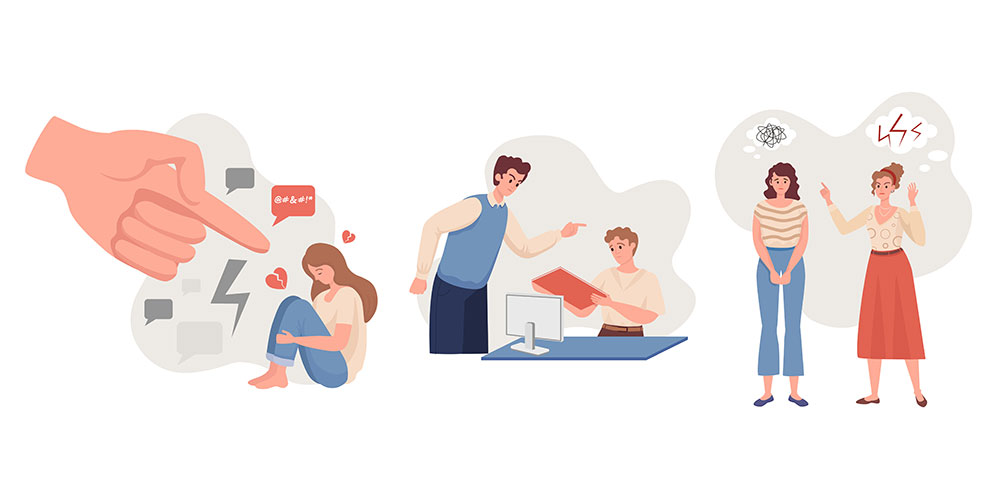 nine0003
nine0003
Keywords: family; emotional; psychological abuse; men
Download
Dear readers! Comments on articles are accepted in Russian and English.
Comments are pre-moderated and appear on the site after checking by the editor.
Comments that are not related to the subject of the article are not published.
When a man becomes a victim - DW - 11/10/2020
Photo: Robert Richter/DW
Culture
Hans Pfeiffer | Tatyana Weinman
November 10, 2020
According to 2019 data, 81% of victims of domestic violence in Germany are women, 19% are men. At the same time, men are less likely to recognize themselves as a victim. Read Tami Weissenberg's story.
https://p.dw.com/p/3kyWZ
Advertising
On November 10, new statistics on domestic violence in Germany were presented in Berlin. According to police data, in 2019every third day in Germany, a woman died at the hands of a former or current husband or lover. As a result of domestic violence, 117 women and 32 men lost their lives. In total, there are 141,000 victims of crimes in the country with one or another (according to severity) outcome. 81 percent of the victims are women. 19 percent are men...
According to police data, in 2019every third day in Germany, a woman died at the hands of a former or current husband or lover. As a result of domestic violence, 117 women and 32 men lost their lives. In total, there are 141,000 victims of crimes in the country with one or another (according to severity) outcome. 81 percent of the victims are women. 19 percent are men...
When Tami Weissenberg first met his girlfriend, he thought, like many men, "I'm her savior." She told him about her former life with an abusive partner, the beatings, and her grief. This touched him, he wanted to help her, to show that there are other men. Understanding, sensitive and attentive. People like him. "I didn't realize at the time that it was all just a trick to get someone to take advantage of," Tami says today. The relationship lasted six fatal years. nine0003
Tami Weissenberg gives the impression of a confident person. Tall, stately. Business man. He tells his story calmly and thoughtfully. Tami is a victim? This is hard to believe. Victims are usually small, fragile, weak. Or is it a stereotype?
Victims are usually small, fragile, weak. Or is it a stereotype?
"I felt like a servant who always wanted to please"
Tami and his girlfriend moved in together. Shared apartment, shared weekdays, shared account. He supported her, including financially. He helped her to live a new life, received a moral return from this and fell deeper into dependence. And this happened for the first time...
"It all started when we were on vacation at a hotel that didn't meet her requirements," says Tami. "I didn't do it because I didn't want to humiliate the man. Then she herself decided to chastise him. And I got into the car and waited. When she returned, she attacked me with a cry and slapped me. And I thought that I would never dare her again disobey."
His girlfriend justified herself. She had a difficult childhood. Without warmth and stable relationships in the family. He accepted her explanation. And so the dependence grew from year to year. “I felt like a servant who always wanted to please. And the thought always came first: you need to do what she likes. Serve the fruits that she loved, the way she loved. And if something didn’t suit her, then Various objects were flying at me," says Tami. nine0003 Tami Weissenberg Photo: Robert Richter/DW
And the thought always came first: you need to do what she likes. Serve the fruits that she loved, the way she loved. And if something didn’t suit her, then Various objects were flying at me," says Tami. nine0003 Tami Weissenberg Photo: Robert Richter/DW
But the demands and demands of her friend grew, and with them the fits of rage intensified, after which Tami Weissenberg more than once ended up in the hospital with broken bones or cuts. Despite this, he did not rebel, did not defend himself, but hoped that she would finally understand that she was doing wrong. "I was energized all day, 24 hours a day, to fulfill the requirements, not to make mistakes. I was constantly busy, I did not have time to be alone, to reflect on the situation," continues Tami. There was almost no hope for help. The girlfriend controlled all social contacts. From people who could find out about outbreaks of violence, including relatives, he had to stay away. nine0003
Men do not perceive themselves as victims
According to the Federal Criminal Police Office, 26,000 cases of domestic violence against men were recorded in Germany in 2018.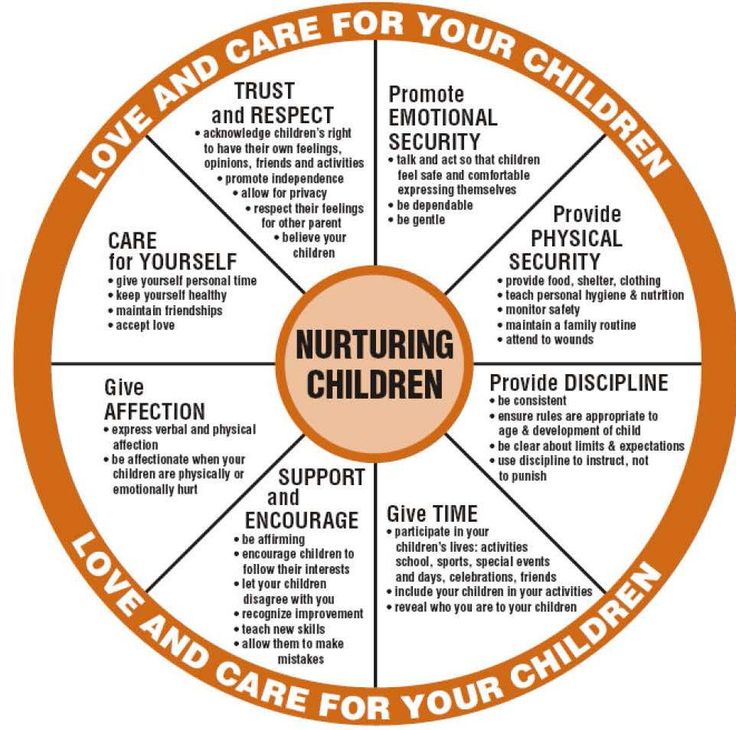 This is what is known. Who will believe someone who says that his wife beats him? There is no place in the public consciousness for a vulnerable man. This is confirmed by the research of Elizabeth Bates from the University of Cumbria. “In television programs and comedy shows, violence against a man is a humorous means. We can laugh when we see a woman beating a man, but this has consequences,” notes a British scientist. “There are many reasons that prevent a man from asking for help. One of they fear that they will not believe him. And the way the media talks about violence affects this fear." Studies also show that because of this attitude towards men in society, they do not perceive themselves as a victim, although they suffer from mental violence and experience health problems. nine0003
This is what is known. Who will believe someone who says that his wife beats him? There is no place in the public consciousness for a vulnerable man. This is confirmed by the research of Elizabeth Bates from the University of Cumbria. “In television programs and comedy shows, violence against a man is a humorous means. We can laugh when we see a woman beating a man, but this has consequences,” notes a British scientist. “There are many reasons that prevent a man from asking for help. One of they fear that they will not believe him. And the way the media talks about violence affects this fear." Studies also show that because of this attitude towards men in society, they do not perceive themselves as a victim, although they suffer from mental violence and experience health problems. nine0003
How do men become victims? According to a study by the Federal Ministry of Family Affairs, the most common form of injury is minor harm, such as when a woman pushes a man. Approximately one in ten men suffering from domestic violence has been slapped, beaten or injured by an object thrown at him, lying at hand.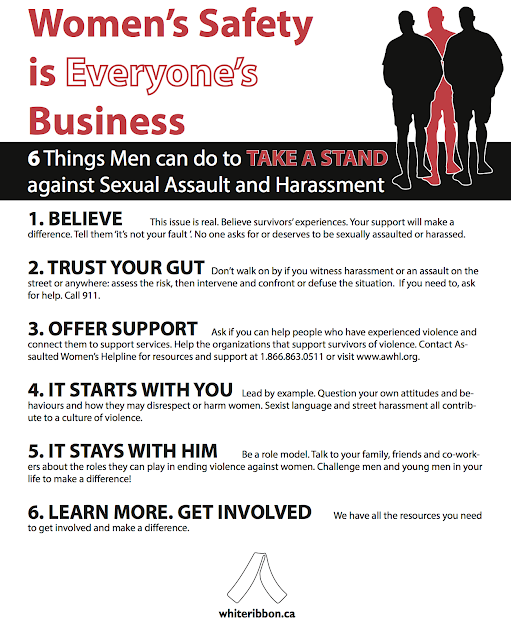 Even more often, men talk about psychological pressure when they are forbidden social contacts out of jealousy, completely control their actions, humiliate and insult. “Men as often as women admit to having experienced domestic violence at least once in a partner relationship. Severe manifestations in the case of women are much more common, but even among men this is not the only one,” says one of the authors. research by Ralf Puchert. nine0003
Even more often, men talk about psychological pressure when they are forbidden social contacts out of jealousy, completely control their actions, humiliate and insult. “Men as often as women admit to having experienced domestic violence at least once in a partner relationship. Severe manifestations in the case of women are much more common, but even among men this is not the only one,” says one of the authors. research by Ralf Puchert. nine0003
For Tami Weissenberg, the beatings were not the worst. Psychological pressure acted much stronger. “One day she took off her dressing gown, stood naked in front of me. And she began to beat herself and scratch, she shouted: “Ah! Stop it! It hurts. "I was in a complete daze. When she finished, she put on a dressing gown, took out a voice recorder from her bag and turned it off," recalls Tami. "It's great to have such a recorder. This is my trump card," his girlfriend blackmailed him so that he would not tell anyone about the beatings. “I was afraid to lose face, reputation at work and be perceived not as a victim, but as a rapist. And fear can break anyone,” Tami admits. nine0003
And fear can break anyone,” Tami admits. nine0003
Help for male victims of domestic violence
In the spring of this year, a helpline for men suffering from domestic violence was launched in Germany. "Men need a place where they don't feel like they're being shut up," says consultancy manager Andreas Haase. Dozens of men come here every week, and many of them feel their situation is hopeless. afraid to change something. They think that if they want to leave, then the partners will “finish off” them. They often have children and are afraid of losing contact with them," says Haase.
Advertisement for a men's helpline in Germany Photo: MHKBG NRW/OBprod - stock.adobe.com Men can put heroism aside and look at themselves from a victim's point of view when contacting support. This alone brings them significant relief, says the consultant. Its purpose is to make them feel like they have some wiggle room and help them sort out their feelings. To Tami, the realization of the limit came spontaneously: "The decisive day was when my throat hurt, and, returning from work, I had to stop by the pharmacy. But my way home was so scrupulously planned and constantly accompanied by her calls ... I felt helpless. I never returned home. Never again." nine0003
Tami Weissenberg has freed himself from a toxic relationship. “At that time I didn’t have enough people to whom I could turn with my problems. So later I started a self-help group. So I saw that many other men found themselves in similar situations,” he says. The public association Weissenberg e.V. grew out of the group. In addition to counseling for men in crisis, it helps with housing where victims of domestic violence can be safe.
Now Tami has a new love. He does not want to take revenge on his ex-girlfriend, he still protects her and maintains contact with her. "She survived the losses, dreamed of compensating for them at the expense of material wealth. She constantly needed to be admired. It was her addiction. She was afraid to lose it all," Tami sympathizes with her. For him, the discussion of domestic violence is not about men versus women.


